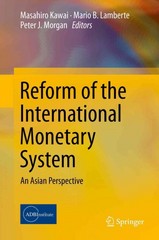Question
According to the paper: ANTICIPATION AND THE VALUATION OF DELAYED CONSUMPTION* Loewenstein (1987) argues that people sometimes may choose to defer the consumption of desirable
According to the paper: ANTICIPATION AND THE VALUATION OF DELAYED CONSUMPTION*
Loewenstein (1987) argues that people sometimes may choose to defer the consumption of desirable outcomes ( due to savoring) or expedite the consumption of undesirable outcomes (due to dread). This pattern of time preference violates the "positive discounting" principle of DU theory and hence according to DU model savoring and dread is an anomaly.However, if you shop online, you may have noticed that people do not necessarily enjoy waiting for the merchandise they've ordered to be delivered (i.e. no savoring). How can we reconcile what Loewenstein (1987) proposes in his paper with this observation? More specifically, according to Loewenstein (1987) under what conditions we would feel savoring and/or dread? What may your intuitive and personal observations say?
LINK : https://www.cmu.edu/dietrich/sds/docs/loewenstein/AnticipationDelayed.pdf
References: Loewenstein, G. (1987).Anticipation and the valuation of delayed consumption.The Economic Journal,97(387), 666-684.
Step by Step Solution
There are 3 Steps involved in it
Step: 1

Get Instant Access to Expert-Tailored Solutions
See step-by-step solutions with expert insights and AI powered tools for academic success
Step: 2

Step: 3

Ace Your Homework with AI
Get the answers you need in no time with our AI-driven, step-by-step assistance
Get Started


